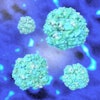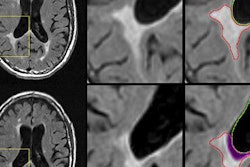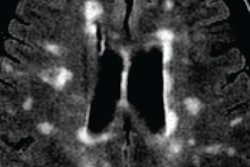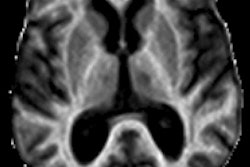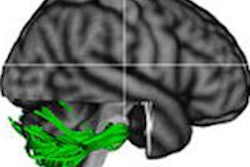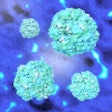MRI has correlated brain lesions in multiple sclerosis (MS) patients to their lack of ability to taste, according to a new study published online January 25 in Neurology.
Researchers from the University of Pennsylvania's Smell and Taste Center found that as the number of lesions detected on MRI increased, so did the severity of the person's taste deficiency.
Richard Doty, PhD, led the study, which directed 73 MS patients and 73 control subjects to perform taste tests of items that were sweet, sour, bitter, or salty. Study participants also received MRI scans of 52 brain regions that are affected by MS.
The most significant difference was in the ability to discern salty and sweet tastes; 15% to 32% of MS patients had taste scores below the fifth percentile of control subjects. Those numbers are nearly twice as high as in previous studies.
The findings provide better insight into the causal relationship between MS and taste function, as well as areas of the brain that are more likely to affect the dysfunction when scarred from the disease, according to Doty and colleagues.

